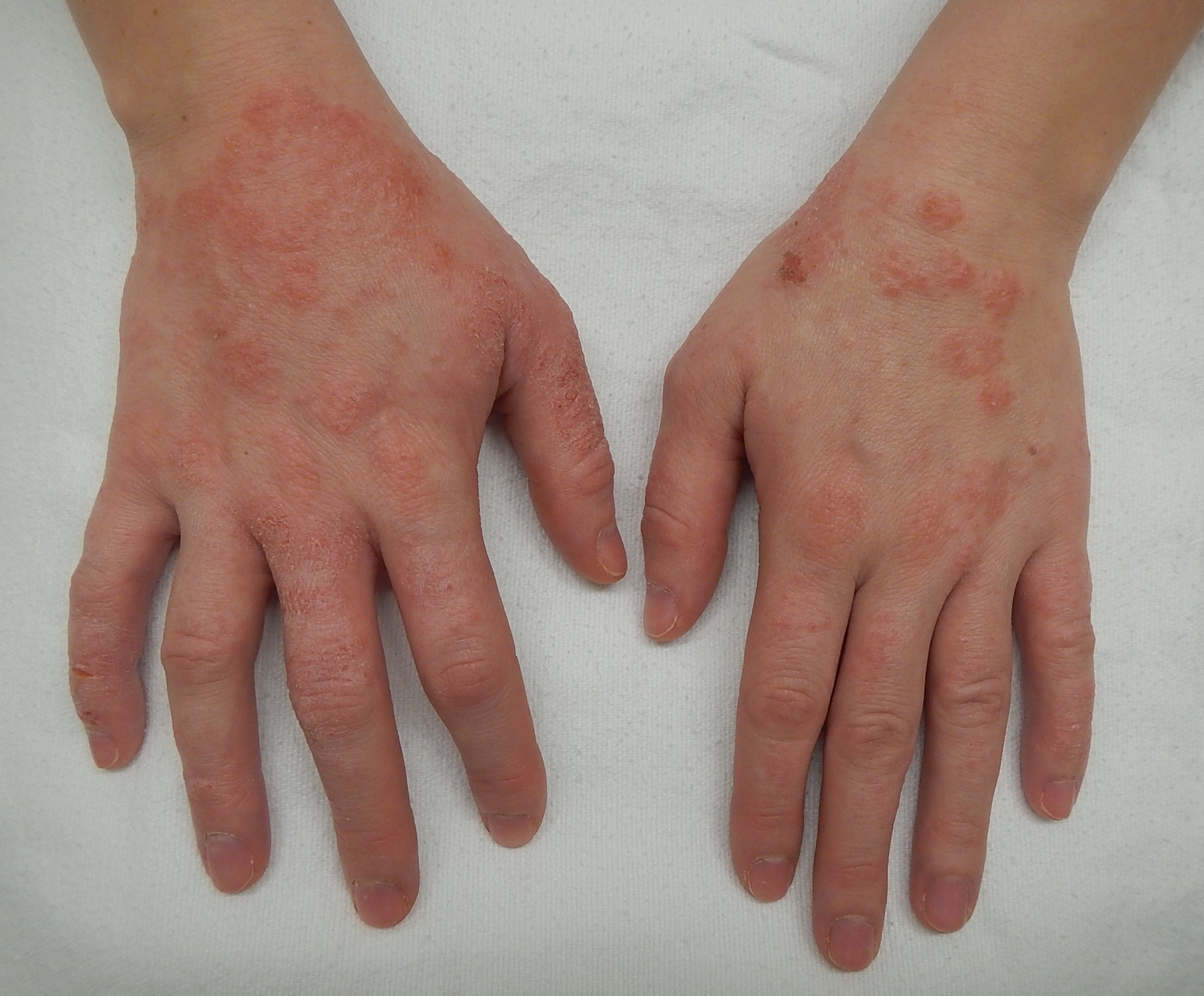
Psoriasis on the scalp can be particularly challenging due to the presence of hair and the potential for the scales and plaques to become more noticeable. Treatment typically involves a combination of medicated shampoos, creams, and sometimes oral medications. Here are some common approaches to managing scalp psoriasis:
https://www.nhs.uk/conditions/psoriasis/treatment/
Psoriasis creams are topical treatments specifically formulated to alleviate the symptoms of psoriasis, a chronic autoimmune condition that affects the skin. These creams typically contain active ingredients aimed at reducing inflammation, moisturizing the skin, and controlling the excessive skin cell production characteristic of psoriasis.
Corticosteroids: These reduce inflammation and can help alleviate itching and redness.
Coal Tar: Known for its anti-inflammatory and anti-itch properties, coal tar can slow down the excessive skin cell growth.
Salicylic Acid: Helps in removing scales and promoting smoother skin.
Vitamin D Analogues: These help regulate skin cell growth and reduce inflammation.
Calcineurin Inhibitors: These suppress the immune response that leads to inflammation and skin cell overgrowth.
Moisturizers: Essential for keeping the skin hydrated and reducing itching and irritation.
Medicated Shampoos:
Coal Tar Shampoos: These help reduce scaling, itching, and inflammation.
Salicylic Acid Shampoos: Help to soften and remove scales.
Ketoconazole Shampoos: Antifungal shampoos that can reduce inflammation and scaling.
Topical Treatments:
Corticosteroid Creams or Ointments: Applied directly to the scalp to reduce inflammation and itching.
Calcineurin Inhibitors (Tacrolimus or Pimecrolimus): Topical treatments that help to suppress the immune response and reduce inflammation.
Vitamin D Analogues (Calcipotriene): Creams or solutions that can slow down the growth of skin cells.
Scalp Oil Treatments:
Coconut Oil, Tea Tree Oil, or Jojoba Oil: These can help moisturize the scalp and loosen scales before shampooing.
Phototherapy (Light Therapy):
Sometimes used for severe scalp psoriasis, phototherapy involves exposing the scalp to ultraviolet light under medical supervision.
Oral Medications:
In cases of severe scalp psoriasis that does not respond to other treatments, oral medications such as methotrexate or cyclosporine may be prescribed.
When using treatments for scalp psoriasis, it’s important to gently remove scales after softening them with oil or specialized shampoos, and to avoid picking or scratching the affected areas to prevent further irritation. Regular use of treatments as prescribed by a healthcare provider can help manage symptoms and improve the condition of the scalp more Blog information: eonlinepharmacystore.com




